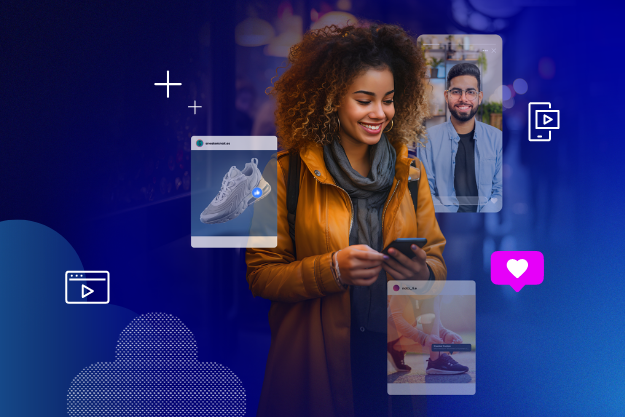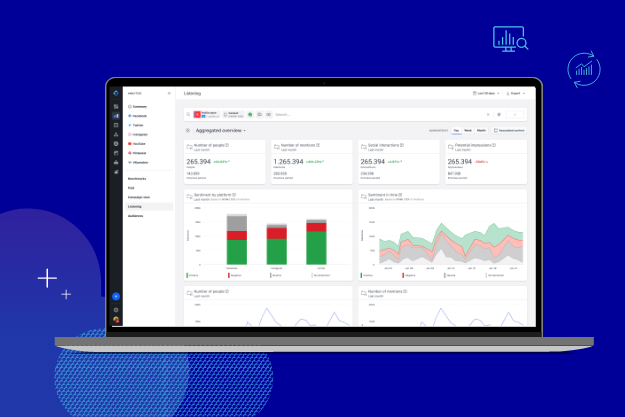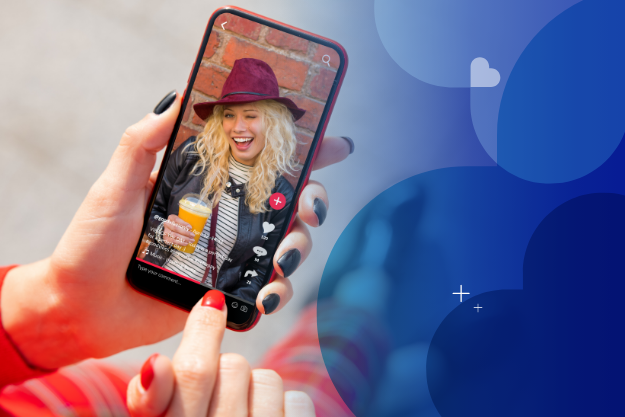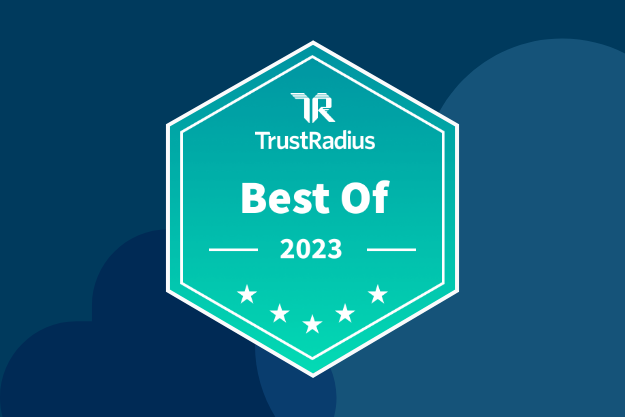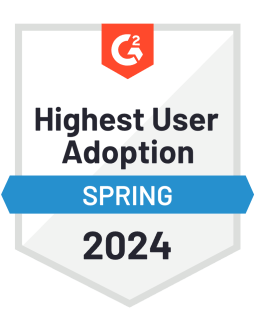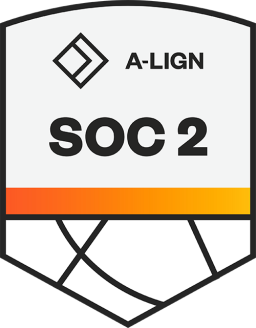Drumming up engagement for your brand with a social media contest is possibly one of the most tried-and-true methods marketers have at their disposal. Think of it this way: contests combine your audience’s natural proclivity for competition with a compelling offer (or just a chance to be featured prominently) from your brand and the result is an even more engaged audience. From promotion, inception and all the way through legal terms and contest tools, this post will cover everything you need to know to run the most successful social media contest in 2021.
The importance of social media for promotion
Social media has become a fixture of the digital age. Most of us have a social media account of some sort or another. Even more importantly, for businesses, we spend a lot of time on social media. According to Media Street, 74% of Facebook users, for example, sign in to their accounts daily.
Social media is an important marketing channel because you have the opportunity to tap into an audience of millions of potential customers. The difficulty is reaching those people. That is where a good competition can make a difference.
Social media is incredibly engagement-friendly. With the ease of sharing content on these platforms, you’re much more likely to have your contest go viral.
Why run a social media contest?
Now, we get to the million-dollar question: Are social media contests an effective tool for brand marketing? Do the brand exposure and audience engagement gains justify the (sometimes enormous) monetary outlays? Take a look at Breck’s, a gardening brand that utilizes both social media contests to garner engagement and boost sales. In the brand’s many user-generated content (UGC) contests, Breck's encourages its customers to share photos of their gardens blooming from seeds they bought on the brand’s site.
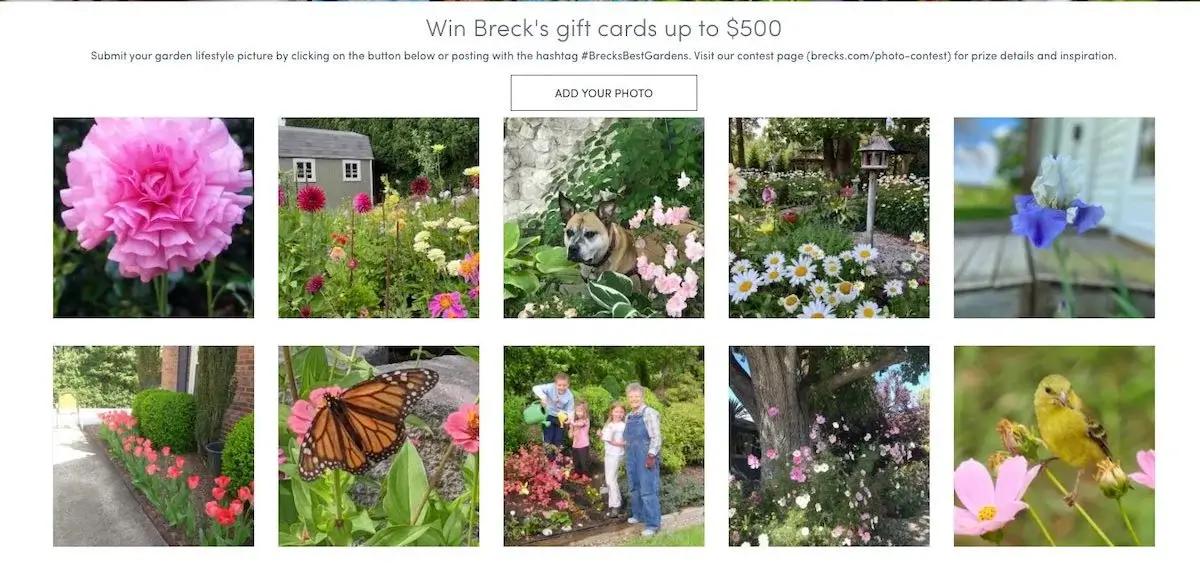
By featuring the UGC collected in these social contests on the brand’s website, Breck’s saw a 5X lift in conversion rate from shoppers interacting with this content. So yes, engagement from social contests is worth the cost.
Social media contests allow you to interact and grow your audience. Moreover, people love to see brands give back to their loyal followers. Social media contests are a way to tug at those heartstrings.
Here are some of the brand benefits of running social media contests:
Increased engagement
Improved brand awareness
More subscribers
Additional audience data
Now that you know what you can gain from running social media contests, let’s talk about how you can launch one to get those results. Follow these steps to run a great contest regardless of the social media platform you choose for your competition:
1. Set clear goals
Since you’re running your contest on social media, your goals can be any of the following:
Increase brand awareness
Generate leads/sales
Increase community engagement
Grow the brand’s audience
Ramp up web traffic
You can have more than one goal. Once you’ve determined your goal or goals, it’s time to determine your objectives. Your objectives need to be Specific, Measurable, Achievable, Realistic, and Time-bound (or SMART). The more specific your objectives are, the better. Your objectives will determine your KPIs or those metrics that will help you determine whether or not you’re on track to achieving your objectives in the first place. In our example, your KPIs are shares, likes, comments, number of official contest participants, and reach.
2. Choose a social media platform
Let’s say you’ve determined your objectives. Now it’s time to pick your social media platform. Your choice of social media platform should depend on the social media preferences of your audience.
Let’s say your goal is to increase brand awareness among millennials or Gen Z. Your best option would probably be Instagram.
But how exactly can you know your target audience’s social media preferences? This is where social listening comes in; in addition to monitoring your engagement rates and reach on each social media channel, track your brand mentions and hashtags related to your industry to determine the best social outlet to reach your customers.
Also, you must understand the various strengths of each social media platform.
For instance, Instagram is excellent for UGC collection because of its visual focus. If you’re running a contest encouraging your fans to post a picture with your product or doing a related activity, you’re likely to get the best quality photos and videos there. One perk of this approach is that you’ll have authentic customer content in your back pocket for future social media and brand visual marketing long after the contest ends.
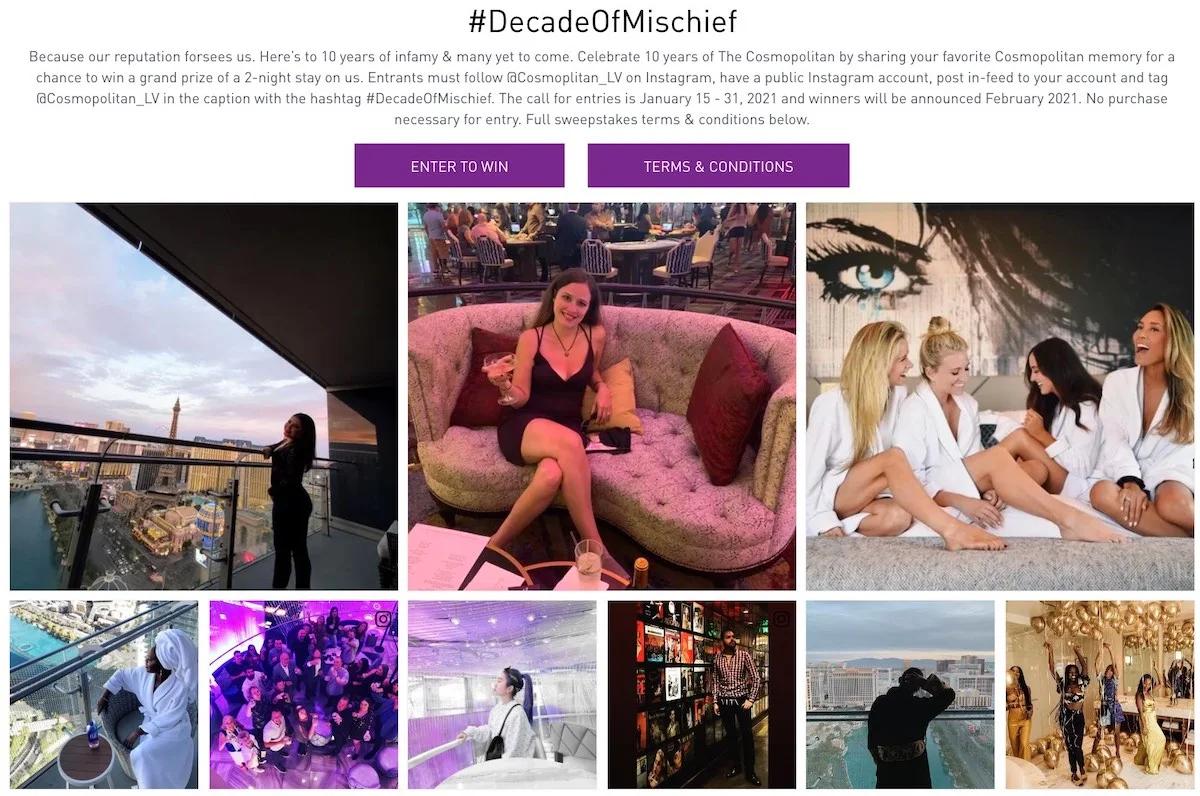
The Cosmopolitan of Las Vegas ran its #DecadeOfMischief contest to celebrate its 10th anniversary by encouraging social users to post their experiences at the hotel over the years with the unique hashtag. The authentic, quality content that came from this contest can now be used by the brand for future marketing endeavors and to create buzz about upcoming contests and offers.
3. Decide what to give away
Deciding on the prizes is important to the success of social media contests. The rewards have to be valuable enough for people to take the contest seriously, but not too expensive that you don’t see a Return on Investment (ROI). Make sure the prize is also something related to your business. Remember, you have a target audience. If you’re a pet store and you give away an iPad, you might only end up attracting people interested in iPads, not necessarily the people who will be interested in your pet products. If you’re a smaller brand or don’t have the resources to provide a prize, offering special discounts or free samples are also good incentives to promote participation.
Jones Soda runs an ongoing label contest on-site, and offers participants the chance to have their photo used on one of the brand’s physical soda bottle labels. This is a brand-specific and unique way to create buzz without spending excessively.
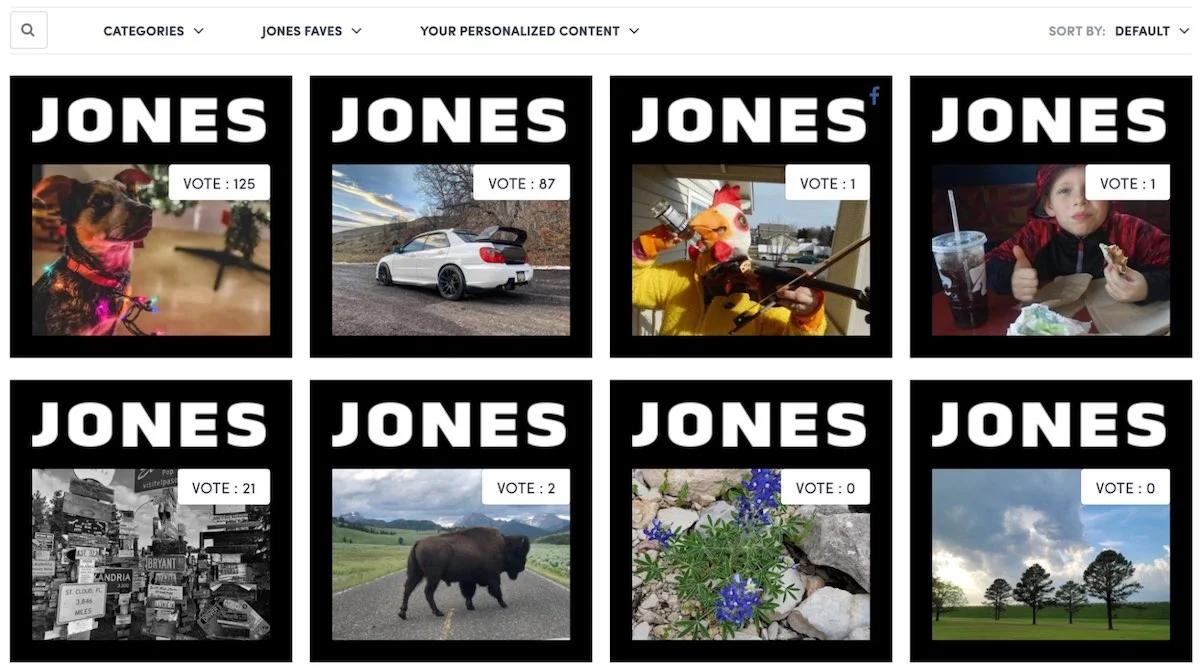
4. Determine the contest rules
Your contest rules should depend on your campaign objective. For example, if you want to grow the brand’s audience, you may want to ask participants to follow your account for a chance to win a prize. If you want to increase community engagement while extending your brand reach, asking customers to post about their experience with your product will spread the word about your brand to their audience, make your fans feel heard and connected to your brand, and give you valuable UGC.
You can use a hashtag analytics tool like Pixlee’s to monitor contest submissions under your brand’s unique hashtag, or track mentions of your account. Automating this process will save you a lot of time once the contest is in motion.
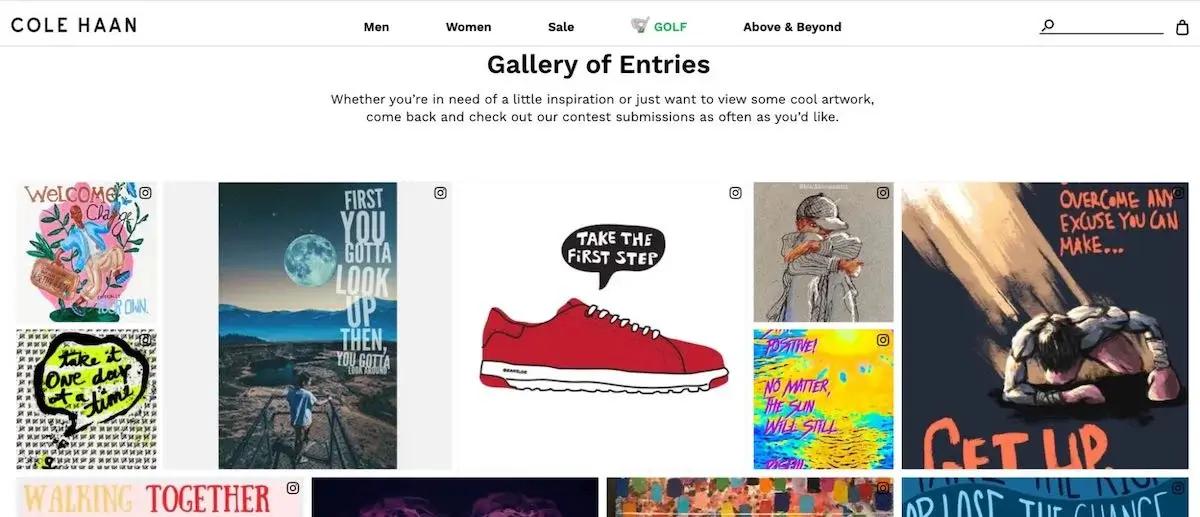
Cole Haan’s “Write New Rules” social photo contest instructed participants to write their own new inspiration rule and post their artwork showcasing that rule on social media. The brand set up a full list of guidelines for easy submission.
Because each platform, after all, has a specific set of guidelines for running promotions and contests, do your research first. Read up on the guidelines of your chosen platform before you write your contest rules. Just click on the platform on the list below to find that platform’s specific regulations for running contests:
Regarding legal prohibitions, laws vary in each country and even state. In the US, for example, private entities are banned from running a lottery. According to US Legal, a lottery has three elements: payment, chance, and prizes. If you require a person to purchase something from you in exchange for the chance to win a trip to Hawaii (prize), you might be held liable for running an illegal lottery.
If you’re running a social media contest from the US, look into the following to ensure you’re not violating anything:
International laws: This is especially so if you will allow participants from abroad.
Federal laws: The Federal Trade Commission and the Federal Communications Commission, for example, are some agencies that regulate sweepstakes and contests in the US.
State and local laws: For example, in Michigan, you’re not allowed to run sweepstakes related to tobacco products.
It’s best to check with marketing and legal experts when you’re crafting your contest rules to ensure you won’t violate any legislation. Consider including the following sections in your contest rules and regulations:
Eligibility: Who is allowed to participate in your contest, and who isn’t. You can include a clause that says “Void where prohibited by law” to avoid legal issues.
Sponsorship: Include your company here.
Agreement: Include a clause that says those who participate in your contest agree to abide by your official rules and regulations.
Entry period: This is the period you plan to run your contest. Include your time zone so the entry period won’t be subject to other interpretations.
How to enter: Describe how each person can join your contest. How many entries are allowed for each person, for example?
Prizes: Specify what participants can win. Include here if the prize is transferable or not.
Odds: This should be a statement that says that the odds of winning depend on the number of eligible entries you receive.
Selection and notification of the winner: Define how the winner will be determined and how the winner will be notified. Give a period within which the winner can claim the prize.
Rights granted by the contest participant: Specify here the rights a contest participant grants you. For example, when they submit an entry, they automatically give you a right to publicize their work, provided it has the proper credit.
Terms and conditions: Enumerate the things you reserve the right to modify, cancel, or suspend in the event of causes beyond your control.
Limitation of liability: Explain here that you can’t be held liable should an illness, death, etc., result from participation in the contest.
Disputes: Explain how you will handle disputes.
Privacy policy: State any information participants will provide is subject to your privacy policy. Your privacy policy should comply with country privacy laws.
Winners list: Explain how participants can get a list of winners.
Social media platform regulations: Explain what you can and can’t do on the chosen social media platform.
Affirmation: This section should explicitly state that “by checking the box,” the participant agrees to abide by all of the contest rules.
It’s better to be as comprehensive as possible when writing your rules. So, when something uneventful happens, you can be assured you won’t have any legal liability.
Post your contest rules on your website. Make it a requirement for all to read the rules before they can join your contest.
5. Promote your social media contest
Promote your social media contest on the platform where you plan to run the contest. The copy you write needs to catch people’s attention. Use relevant hashtags as well so you can increase the chances of people finding you and coin your own to track submissions.
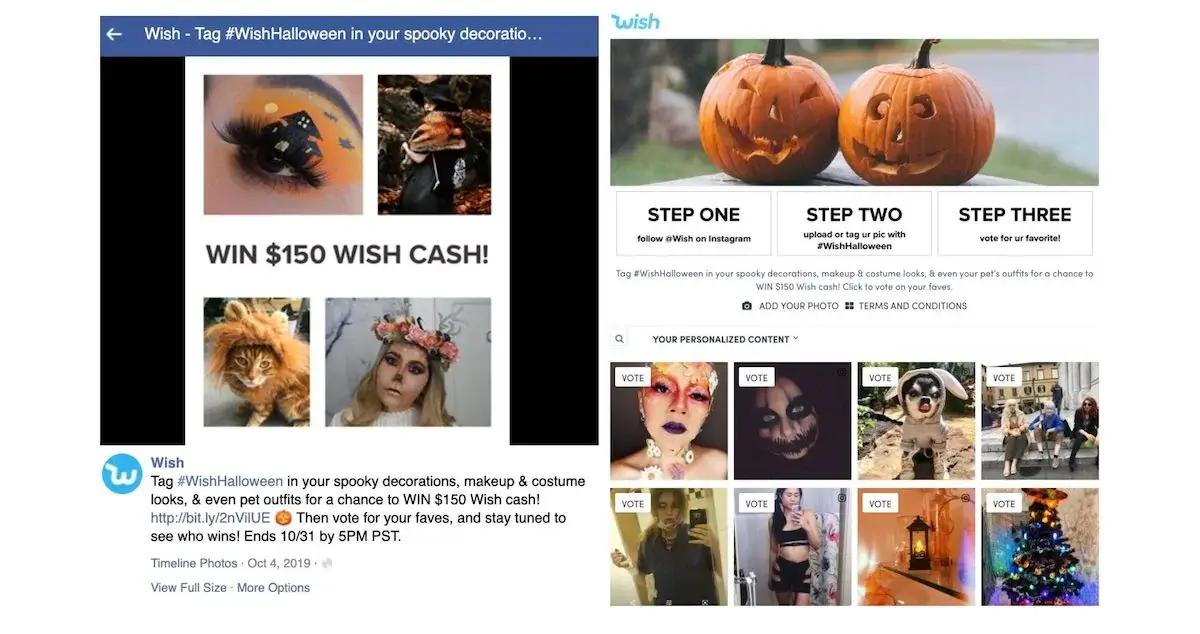
Wish promoted its 2019 Halloween photo submission contest across all of its social media channels, and generated over 200 submissions from fans eager to share their spooky looks under the hashtag #WishHalloween. Don’t just limit yourself to promoting on a single platform, though. A tried-and-tested tactic is cross-promotion across different channels. While the main contest post resides on one platform (say, Instagram), you can then post snippets with a link to the Instagram post across all of your branded social media pages.
You can even look for groups that allow you to promote social media contests. Facebook, for instance, has public groups dedicated to these. If you have an existing mailing list, send your subscribers an email announcing your social media contest. You can send multiple emails in the run-up to the announcement of the winner(s). Just make sure you don’t send too many that you end up annoying your subscriber.
The sky’s the limit when it comes to promoting your social media contest. The more people you reach, after all, the more potential participants you have.
6. Monitor the contest and announce winner(s)
As soon as your contest is up and running, start monitoring engagement. You can use the insights you’ve gained from monitoring your contest to promote the event as well.
For example, you can run retargeting campaigns for people who viewed the landing page of your contest. Or, you could use the insights you gained about customer demographics to run a paid advertising campaign.
Once you have a winner, announce it. Announce the winner on the platform where you administered the contest. You can also send an email to your mailing subscribers who joined the contest. Don’t forget to take the opportunity to thank them for joining the competition!
7. Evaluate UGC and results
Your job doesn’t end after you’ve announced the winner of your social media contest. You need to evaluate the results of the social media contest to determine what worked, what didn’t, if the cost was justified, and what to plan for in your next contest.
Monitor engagement, followers, conversions, and reach, but also use the content generated from this contest to promote future marketing campaigns and contests. If you show social users that your fans are excited to participate in your contest, you’ll see even more participants next time around. You can do this by resharing visual submissions on your brand account, website, or email campaigns.
Social media contests add a compelling incentive to the regular humdrum of a brand’s communications with its audience. A well-planned contest can drive up your brand perception, loyalty, and following. Do all these things, and your brand will reap those benefits.
David Campbell is a digital marketing specialist at Ramp Ventures. He helps manage the content marketing team at Right Inbox. When he's not working, he enjoys traveling and trying to learn Spanish.
Editor's Note: This article was originally published on pixlee.com. Any statistics or statements included in this article were current at the time of original publication.














